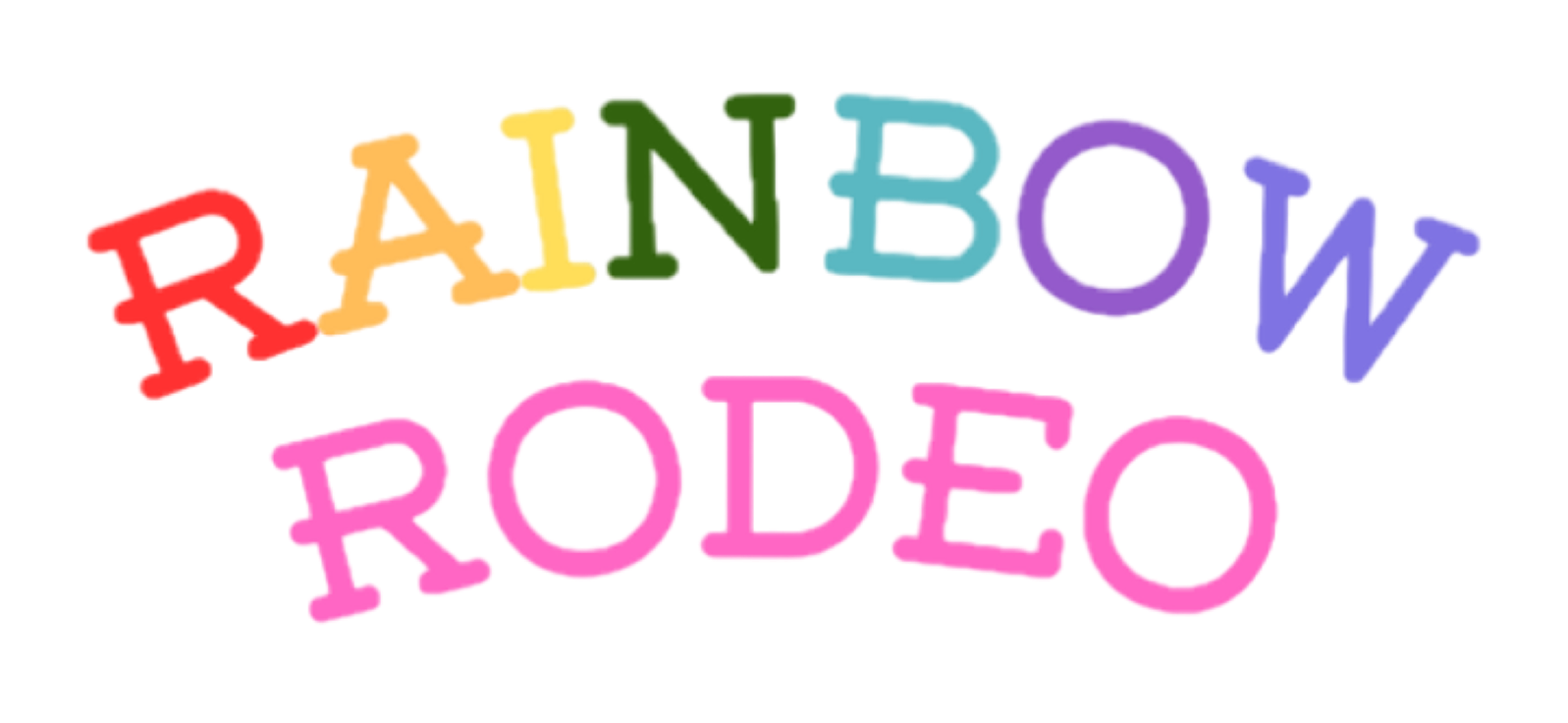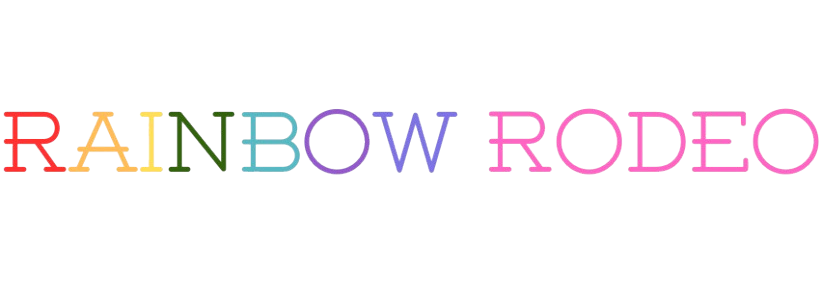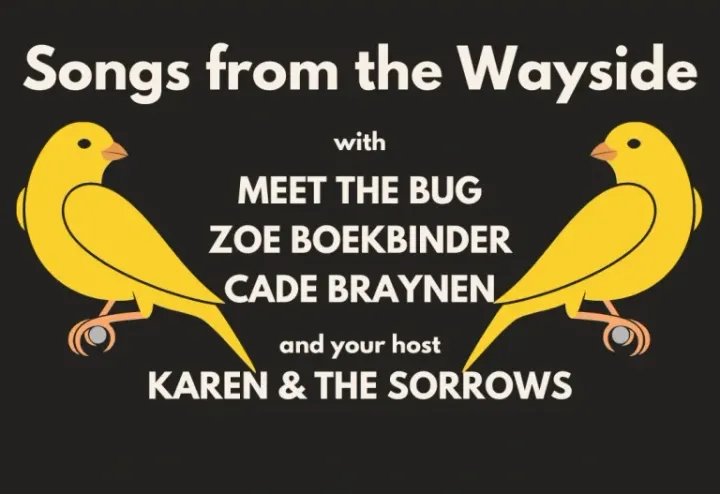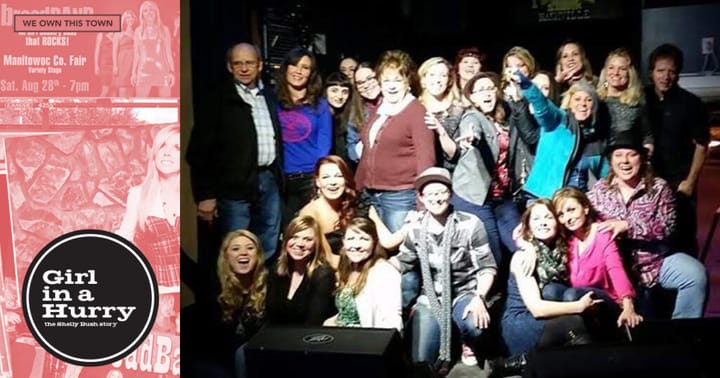A Queer Country Manifesto
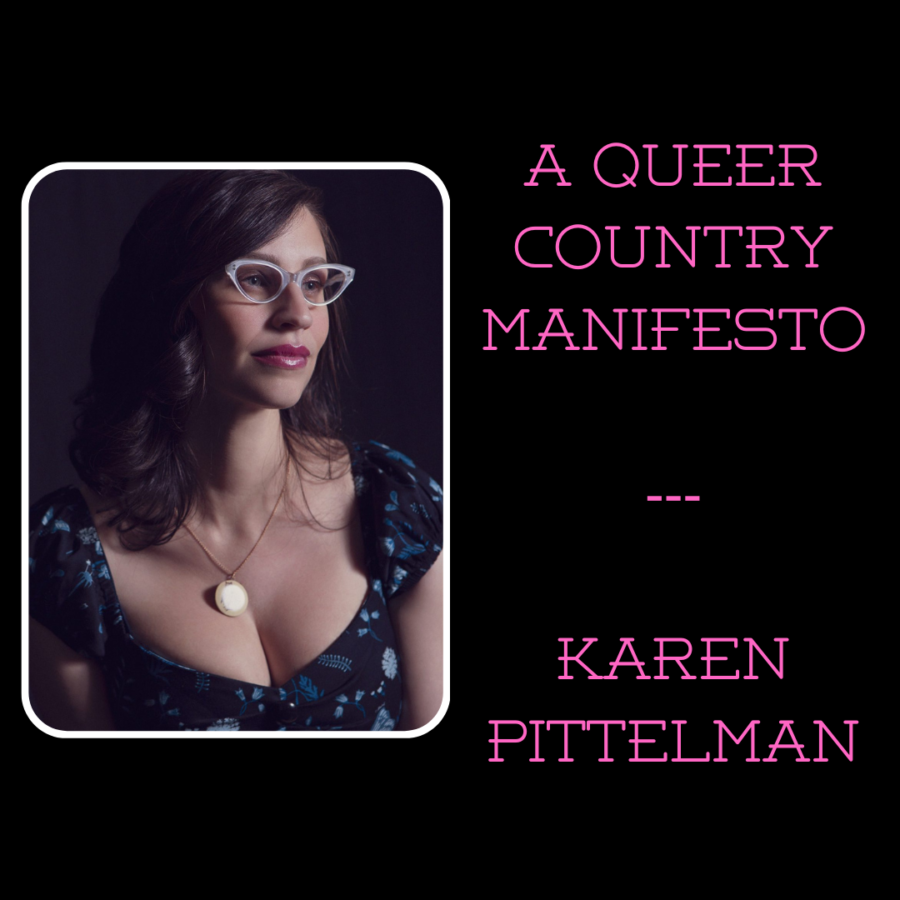
Karen Pittelman is the Karen behind Karen and the Sorrows and the founder of The Gay Ole Opry, which has laid the foundations for our current queer country seen these past 10 years. In her manifesto, Karen argues for a queer country community that takes no bullshit from the mainstream.
NOTE: This piece was originally written in 2020. Karen would like you to know that if she were writing the essay now, she would absolutely shout out the Black Opry and other change makers in the country music sphere! — Rachel
There are plenty of reasons why it’s a good idea to organize together as queer people.
For starters, we can build community and take care of each other, especially when the rest of the world isn’t looking out for us. We can create spaces where people feel at home in ways they might never feel at home otherwise. Plus, everybody knows we throw better parties.
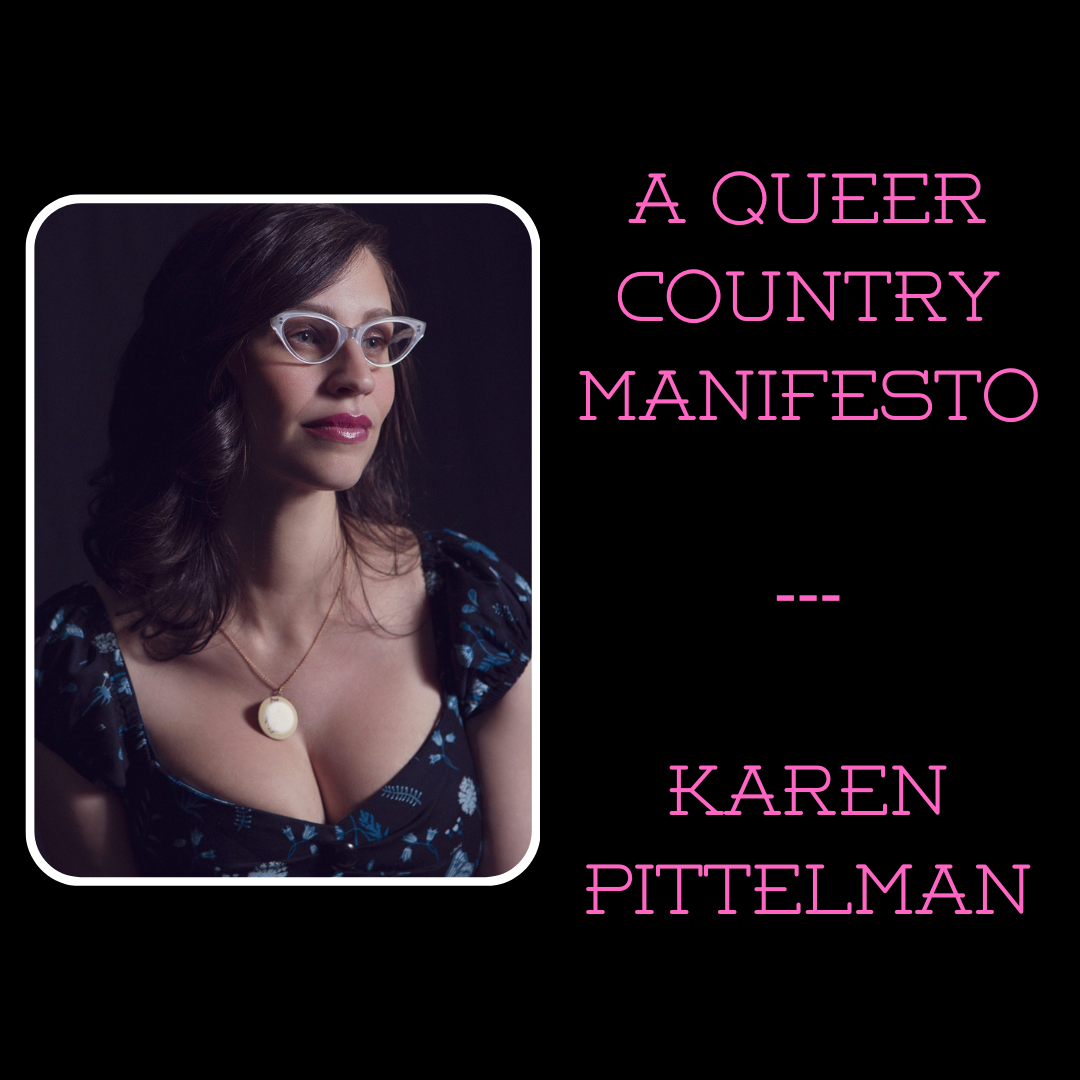
We can also build power. We can make demands together that would go unrecognized if we made them alone.
On the other hand, just because we share an identity doesn’t mean we share political beliefs.
It also doesn’t mean we understand how complicated identities can be, how both privilege and oppression can intersect. In other words, just because I built a space that feels like home to me doesn’t mean I built a space that feels like home to you, even if we are both queer.
And just because we become more visible doesn’t mean that anything is gonna change.
Of course I want people to hear my music. I work hard to put my songs out there. I’m not saying that in order to be true to our queer country roots, we have to stay underground. But it would be naive for us to confuse an industry slowly waking up to the fact that queer people want to spend money on country music with actual, institutional change.
I’m not interested in being queer or being country unless it means we’re willing to go to Fist City for what we believe in. I want us to be the menace, the outlaws, the perverts they have always been afraid we are. Since when was country music ever about fitting in? I want us to be queer as in fuck you—middle finger up, Johnny Cash style.
To that end, I offer my Homosexual Agenda for country music. Really, I just made some tweaks to country’s core beliefs. I hope we will take our values with us wherever we go, whether it’s the Gay Ole Opry at Branded Saloon in Brooklyn or the Grand Ole Opry itself.
• Family Values
We must create spaces that feel like home to everyone who loves country music even when it doesn’t love us back. That means spaces that actively confront white supremacy, that challenge transphobia, misogyny, and homophobia, and are affordable and accessible. Queer country family must mean that each one of us is precious, and that we are always saving a bar stool for each other down at the honkytonk.
• Love Thy Neighbor
Loving your neighbor is a deeply radical concept when practiced truthfully. To love my neighbor means that I want them to have everything they need to not just survive but thrive. And that means Black lives matter. That means respecting their gender identity. That means resisting ICE. That means fighting for health care, for housing, for environmental justice, for a living wage. To love thy neighbor means showing up for each other in solidarity.
• Be True to Your Roots
You can’t know where you come from if you don’t know where you’ve been. To really be true to our roots, we must reckon honestly with our history, no matter how painful that may be. Otherwise our songs will just have three chords but none of the truth. And it’s the truth that makes it country.
We have a lot of reckoning to do in the United States, and that includes country music. For starters, we need to confront the fact that, from its earliest days, country music has provided a soundtrack to the racist “cowboys and Indians” mythology used to justify colonialism and genocide. Our heroes can’t always be cowboys anymore, Willie. Instead we must center Indigenous resistance—and the long tradition of Indigenous country musicians.
It is also not anywhere near enough to call attention to the fact that women and LGBT people are excluded from the country music industry if we do not reckon with the ways white supremacy has defined this institution ever since “hillbilly music” was created as a segregated genre.
The industry has tried to tell us that country music is made by and for white people. This is a lie. Black, Indigenous, and Mexican musicians were country’s co-creators as well as some of its greatest innovators. And according to the Country Music Association’s own 2015 statistics, 25% of all Hispanic people and 20% of all African Americans listen to country music. Yet the industry erases these fans because it believes it can make more money by painting country music as only for white people.
We can fight this. We must fight this. One thing we can do is work to build new networks and structures that support BIPOC musicians and industry professionals. I hope you’ll check out the #ChangeCountry pledge that aims to help build some of these networks at www.changecountrymusic.com. Back in 1997, singer-songwriter and pianist Frankie Staton founded the Black Country Music Association to push for this kind of change. “People need to know that we have been here all along,” she said. We owe it to her to keep up the work.
• Be True to Yourself
Country music is not afraid of a fight, and it has no patience for hypocrisy. It will show up in boots and ruin your black tie affair. It will sock it to the Harper Valley PTA if it needs to. So if we are here, queer, and fabulous, then we cannot let them fuck with us. Let’s fight like hell against anyone who tries to use us to make country music seem more diverse on the surface while leaving its deeper institutional racism, transphobia, misogyny, and homophobia unchallenged. I know this isn’t what Merle had in mind when he talked about his fightin’ side, but I think he’d understand why the change we’re fighting for is not only just but country at its core.
